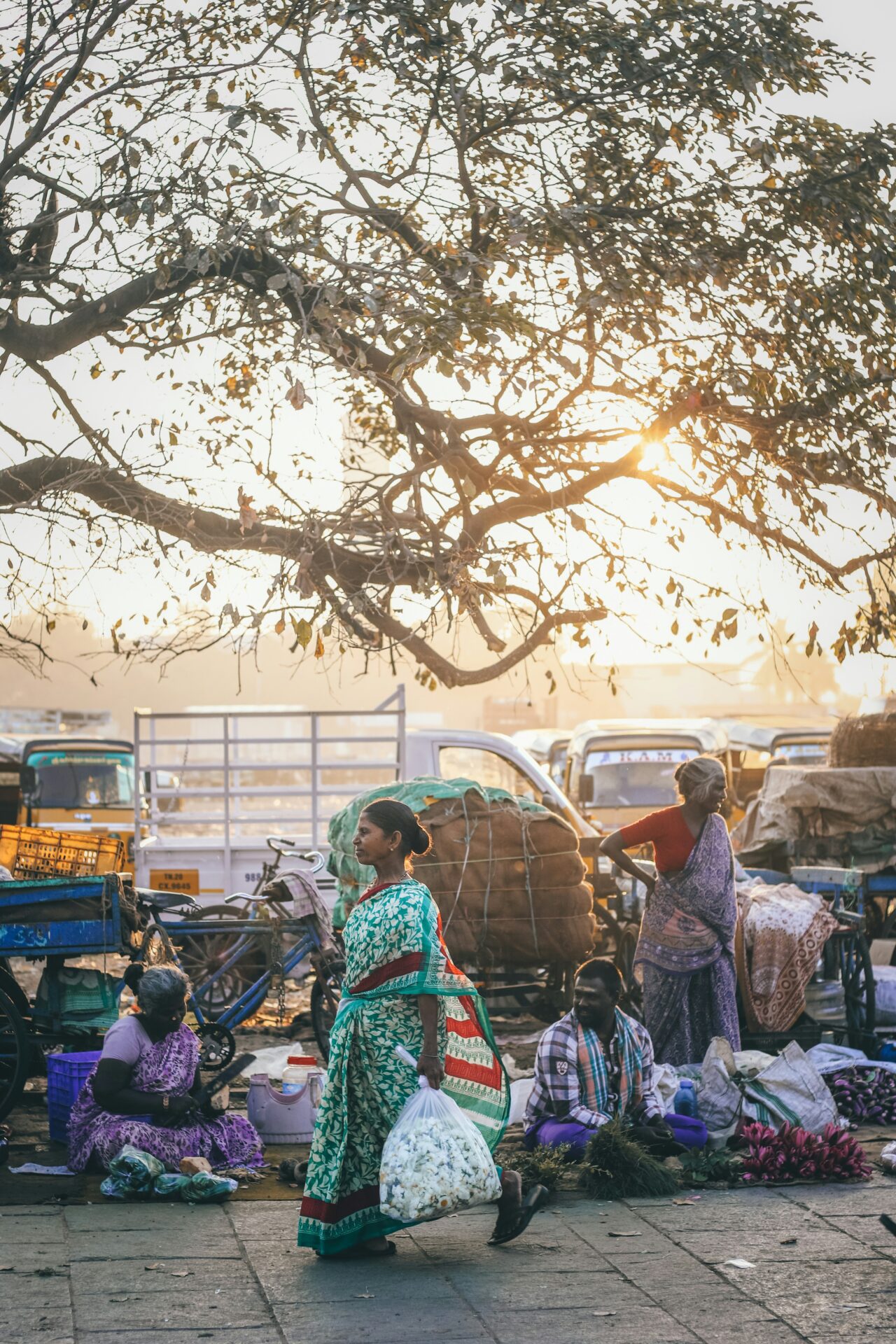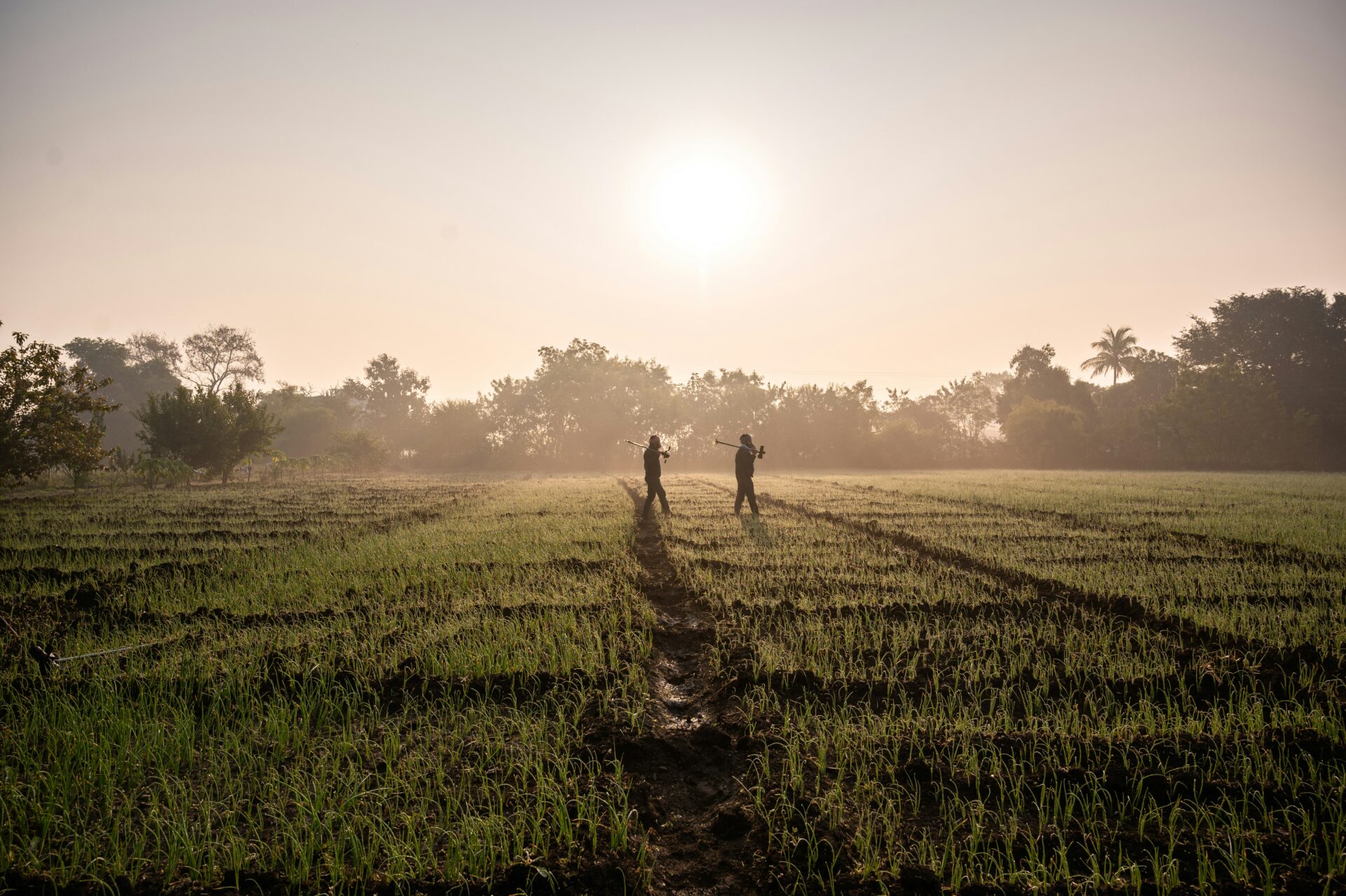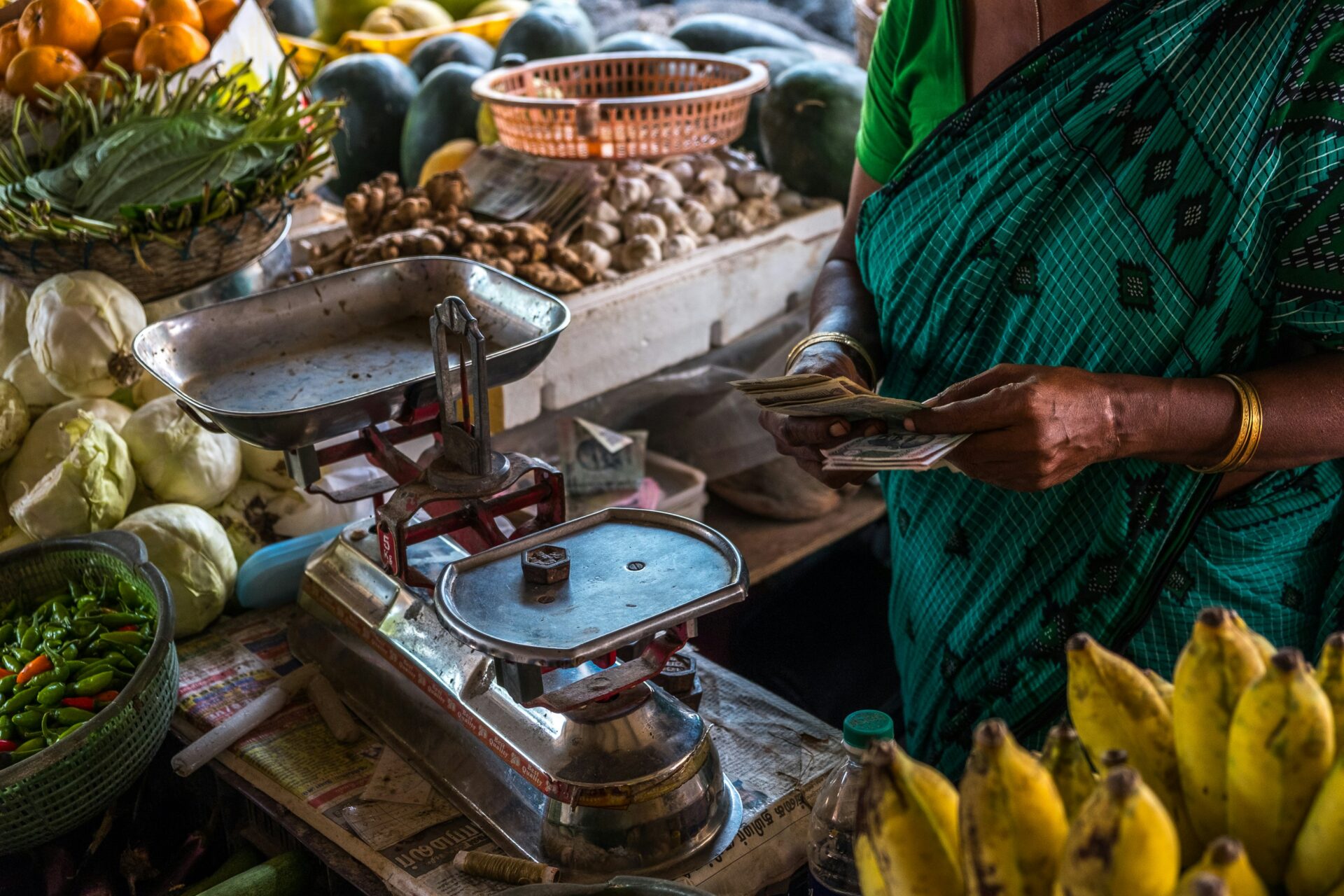India is home to some of the largest urban agglomerations in the world, with accompanying stresses on housing, transportation, public services, critical utilities, and air quality. India is also at a pivotal juncture with a significant portion of its urban infrastructure still in the planning stages, presenting a unique opportunity to build resilient habitats that can withstand the challenges posed by climate change.
This track seeks to examine how India’s built environment can be prepared for rising temperatures over the coming decades. The track will focus on both macro and micro scales, examining the technical, jurisdictional and financial challenges while re-imagining what resilient cities and communities look like.
With Heat Action Plans becoming increasingly vital in urban areas, this track aims to unite India’s leading urban planners, including experts from premier institutions, along with global specialists, to forge best practices in heat adaptation strategies for diverse urban environments.
Participants, including key experts from India’s leading government and educational institutions, will set a research and policy agenda contributing to India’s National Adaptation Strategy and local Heat Action Plans.
The track will explore a range of adaptation measures, including both active and passive cooling strategies, suitable for formal and informal settlements across India. Sessions will focus on enhancing the resilience of new and existing urban structures against heatwaves, floods, and other extreme weather conditions.
The track will also delve into innovative approaches for urban design, assessing climate risks to critical infrastructure, and strengthening urban planning to accommodate future climate scenarios.
Through a collaborative approach, this event seeks to set an ambitious research agenda and catalyze innovation in materials, architecture, and urban design that prioritize heat and flood resilience.
Explore sessions below.
MODELS FOR CLIMATE RESILIENT URBAN DEVELOPMENT
This session will explore comprehensive strategies to embed heat resilience within the fabric of urban development. As India’s urban areas swell and strain under rapid growth, this session will address the critical importance of integrating resilient practices into urban planning, design, and construction to ensure long-term sustainability. Discussions will center around innovative policy measures, market opportunities, and educational initiatives that can collectively support a more nuanced approach to climate-responsive urban development. The objective is to identify actionable solutions that prioritize the safety and well-being of vulnerable populations, particularly in densely populated and informally developed areas.
Participants will examine how urban planning can better accommodate extreme heat scenarios and discuss the restructuring of local development regulations to foster unique and climate-sensitive urban forms. The session will delve deeply into policy strategies that ensure more climate-responsive urban development, such as enhancing urban planning processes to better incorporate the needs of vulnerable populations in extreme heat scenarios and restructuring urban design and local development regulations to account for diverse climatic conditions. This will facilitate the development of cities that are not only functionally efficient but also adaptive to varying climate impacts.
Additionally, the market-focused discussion will assess the roles of real estate developers, municipal procurement, and financial institutions in promoting a heat-resilient built environment. On the discussion on education, the focus will be on integrating heat resilience into curricula for architects, planners, and engineers, and identifying the need for specialized certifications that can empower professionals to drive climate-responsive urban initiatives.
Prompt Facilitators:
- Rajan Rawal (Professor and Senior Advisor, Centre for Advanced Research in Building Science and Energy (CARBSE), CEPT University)
- Prathijna Poonacha Kodira (Lead – Director’s Office and Practice Programme, Indian Institute for Human Settlements)
- Ashok B Lall (Principal Architect, Ashok B Lall Architects)
- Priya Narayanan (Program Manager – Urban Development, WRI India)
Session Moderator: Rahul Mehrotra (John T. Dunlop Professor in Housing and Urbanization, and Chair of the Department of Urban Planning and Design, Harvard Graduate School of Design)
THERMAL COMFORT
This session aims to delineate a dual approach utilizing both active and passive strategies to enhance thermal comfort in urban settings, crucial for improving living conditions. The discussion will explore how spatial design, building envelope optimization, and innovative building materials can contribute to passive cooling and enhanced thermal comfort in both formal and informal settlements. Policy discussions will focus on creating incentives for these strategies and strengthening the role of local governments in facilitating resilient urban planning.
The session will aim to bridge the gap between passive and active cooling strategies by identifying synergistic opportunities that can lead to effective thermal solutions for urban areas. The discussion will encourage participants to consider how market forces and regulatory frameworks can work together to remove barriers to the adoption of innovative cooling solutions. Additionally, educational initiatives will be addressed, aiming to equip urban planners and architects with the necessary skills and knowledge to implement these strategies effectively, ultimately fostering a generation of professionals dedicated to constructing heat-resilient urban landscapes.
Prompt Facilitators:
- Sanjay Prakash (Principal Consultant, SHiFt: Studio for Habitat Futures) on Passive Design Strategies
- Ronita Bardhan (Associate Professor of Sustainable Built Environment, University of Cambridge) on Thermal Comfort in Informal Settlements
- Radhika Khosla (Associate Professor, Smith School of Enterprise and the Environment, University of Oxford) on Active Strategies and Cooling Technologies
- Sameer Kwatra (Senior Director, India, Natural Resources Defense Council (NRDC))
Respondents
- Smita Chandiwala (Director, Energe-se)
- Prima Madan (Director, Cooling & Energy Efficiency, NRDC)
Session Moderator: Rajan Rawal (Professor and Senior Advisor, Centre for Advanced Research in Building Science and Energy (CARBSE), CEPT University)
CENTERING HEALTH AND LIVELIHOODS WHILE PLANNING ADAPTATION FRAMEWORKS
This track’s final session will focus on integrating public health, environmental health, and economic resilience into urban adaptation frameworks, recognizing the critical intersection between climate resilience and public well-being. It will scrutinize the effectiveness of Heat Action Plans (HAPs) and debate the level of governance—whether national or integrated within municipal planning—that would best support their implementation. The discussion will aim to outline clear, actionable strategies that ensure adaptation plans translate into tangible outcomes and enhance coordination across various governmental tiers.
Financial mechanisms to support health-centered adaptation, such as microfinance and public-private partnerships, will be discussed, alongside strategies for involving businesses and households in investing in resilient infrastructures. The session will also address the capacity-building needs of government officials, health professionals, and urban planners, promoting public awareness and community-driven initiatives to bolster the adoption of heat resilience strategies across urban landscapes. This comprehensive approach aims to foster a resilient urban environment that safeguards health and livelihoods against the backdrop of increasing thermal stress.
Facilitators
- Prathijna Poonacha Kodira (Lead – Director’s Office and Practice Programme, Indian Institute for Human Settlements (IIHS))
- Sekhar Kuriakose (Member Secretary, Kerala State Disaster Management Authority)
- Lubaina Rangwala (Associate Director, World Resources Institute (WRI) India)
- Dileep Mavalankar (Director, Indian Institute of Public Health Gandhinagar (IIPHG))
- Nikhil Kulkarni (Head of City Engagements and Implementation, C40 Cities)
- Sakshi Sawhney (Deputy Commissioner, Amritsar, Government of Punjab)
Moderators
- Aditya Pillai (Visiting Fellow, Sustainable Futures Collaborative)
- Rajan Rawal (Professor and Senior Advisor, Centre for Advanced Research in Building Science and Energy (CARBSE), CEPT University)
Respondent
- Safi Ahsan Rizvi (Member, National Disaster Management Authority)



